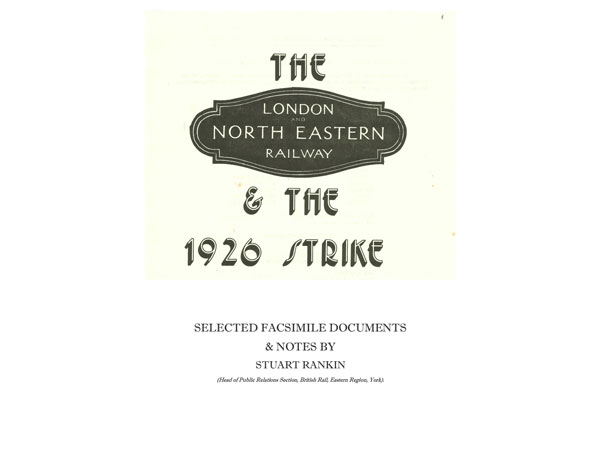Description
Until the National Railway Museum Education Department got into its stride, British Rail received thousands of letters every year from schoolchildren , teachers and students (“Dear Sir, I am doing a project on railways, please send me as much free material as you can”) the majority of which were handled by the Regional Public Relations Departments. In each was a small section dealing with public enquiries, applications for photographic permits, visits to loco depots and to loco works, (before they became the responsibility of Workshops Division), sale of used tickets, photographs and drawings, and loan of films. The section also organised special events, promotional competitions and arranged facilities for film and broadcasting companies.
Money was scarce in the 60s and 70s so using the resources of the excellent off-set reprographic department at York HQ, a range of free leaflets and booklets was written and published.
1975 was a particularly busy year – (“Rail 150”) – there were dozens of publications on sale by commercial firms, but they were priced beyond the pocket of most schoolchildren, so we filled the gap with two or three attractive off-set booklets made available free of charge. At the beginning of 1976 we started to get lots of letters from older children and students seeking information about the General Strike in 1926 – a particularly hot topic in NE England because of sabotage by striking miners resulting in the derailment of “The Flying Scotsman” train. However it was a sensitive topic on the railway even after 50 years. I attended a retirement presentation, by George Potter, York District Traffic Supt. to an elderly clerk in the late 60s, and in his speech, Potter said “I am sure Arnold would like me to tell you that he remained loyal to the Company in the General Strike”. There was an audible gasp from the audience and the retiree blushed bright red. Two of his “workmates” both several years younger, cut him dead and refused to speak to him before he left at the end of the week. Dealing with the topic obviously required some sensitivity. As it happened the LNER itself provided the answer.
Amongst the papers left by one of my predecessors was this collection of documents which showed that the LNER dealt with the matter as purely a strike by its employees, who were in breach of contract by ceasing work without giving notice, and who had no grievance against their employer. Throughout the collection the wider political issues are ignored and the General Strike is hardly mentioned as such until near the end. While the miners and others remained out on strike, this attitude made it a little easier for the railway men to return to work although a legacy of bitterness would remain for years. A unique insight into one side of those “Ten Days in May”.
PREVIEW BELOW – MAY TAKE A WHILE TO LOAD.

Reviews
There are no reviews yet.